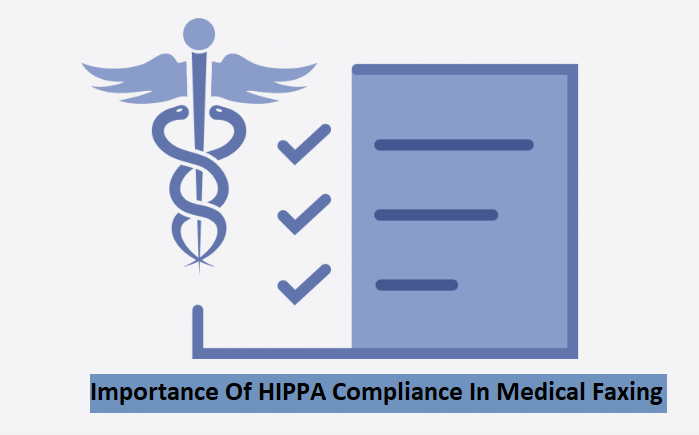Before any transmission of medical files or records is completed, the business or medical facility must receive a signed consent form from the patient. Federal laws and regulations prevent any medical professional from disclosing patient records or medical data to any party without the patient’s explicit consent.
If a breach occurs, the individual who sent the transmission must present a copy of the consent form to investigators. Online faxing services are beneficial for all companies, but the medical records must be protected as directed each time the documents are sent.

Safeguarding Medical Records Transmissions
The Health Insurance Portability and Accountability Act of 1996 requires all businesses and medical facilities to safeguard medical record transmissions. Online faxing services are convenient for all organizations, but the owners and staff must manage healthcare data with the utmost care.
All faxes that are sent with medical data must have a warning to all parties that may intercept the fax that healthcare records are included. The cover letters must contain the HIPAA verbiage as directed in the law. Companies can discuss these requirements for e-faxing with HIPAA compliance with service providers.
Ensuring the Correct Person Sees the Data
As directed, the employees must use a cover letter that identifies the correct recipient. Businesses receive a large number of faxes each day, and in a busy office environment, anyone could receive the faxes.
Online faxing services could improve the process and prevent others from gaining access to the fax or the medical records. Since the online business services offer email to fax options, the administrator can set up the services to send faxes to specific parties via email.
Preventing Data Corruption and Medical Errors
Cybercriminals attack medical data systems to capture data and use the information unethically. If the criminals get access, the perpetrators could change or alter information to do harm to the patients. When setting up online faxing services, employees must have the appropriate security clearance to access, change, or use the medical data. Security schemes protect the data and prevent changes as the information is transmitted.
Establishing Secure Connections for Traveling Healthcare Workers
Nurses and doctors travel to provide care for patients in a variety of locations. During this care, medical data is collected and must be stored. When managing care for local individuals, the healthcare workers may need assistance from other medical professionals.
To get a consultation on the case, the healthcare workers must transmit the medical data to the other party. When setting up online fax services, the service provider must establish proper connections for the remote workers and apply appropriate security schemes.
The Ramifications of Violations
Any violation of HIPAA regulations could lead to serious penalties for the business or healthcare organization. According to the laws, the minimum fine for violations of the federal law is around $50,000 with a maximum of $250,000.
If the victim incurred any financial losses or injuries because of the violation, the criminal laws may require the offender to pay restitution upon conviction. Online faxing services must prevent unauthorized access or patient injuries.
Healthcare records must be protected according to HIPAA regulations to prevent unauthorized viewing and use. The federal laws enforce protocols for transmitting the records online.
All faxes require a cover letter with the appropriate verbiage as disclosed in the regulations. By reviewing details about the importance of HIPAA compliance, all organizations and medical facilities can safeguard patients and their data.

